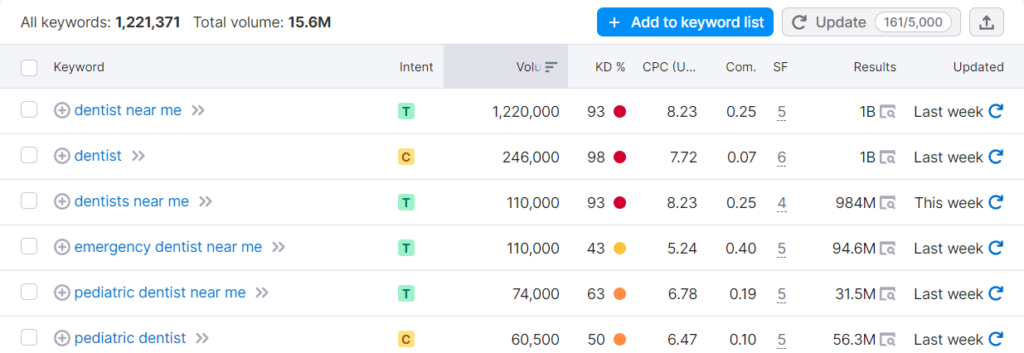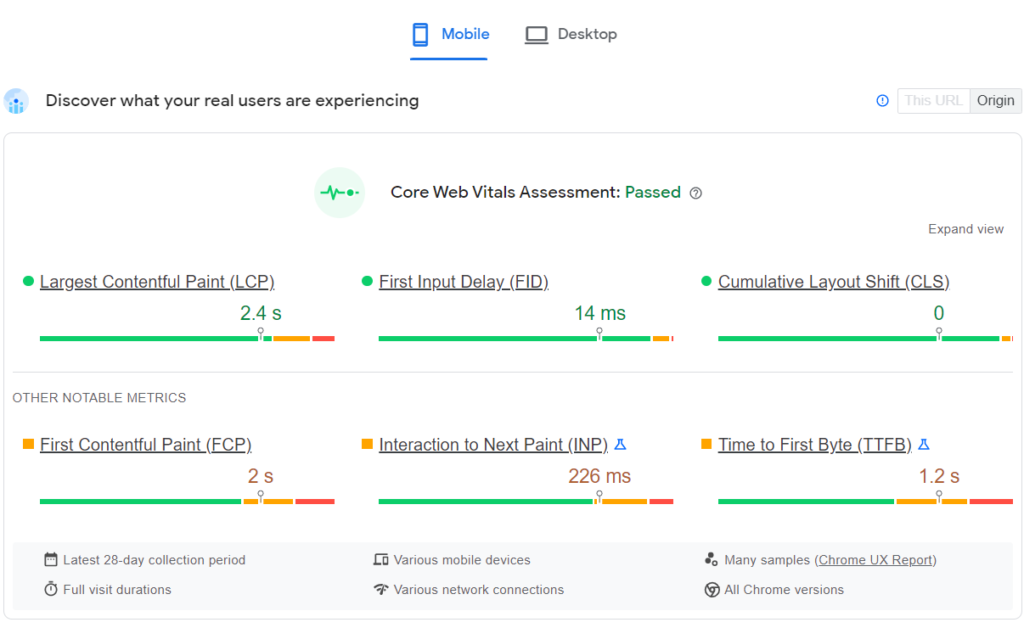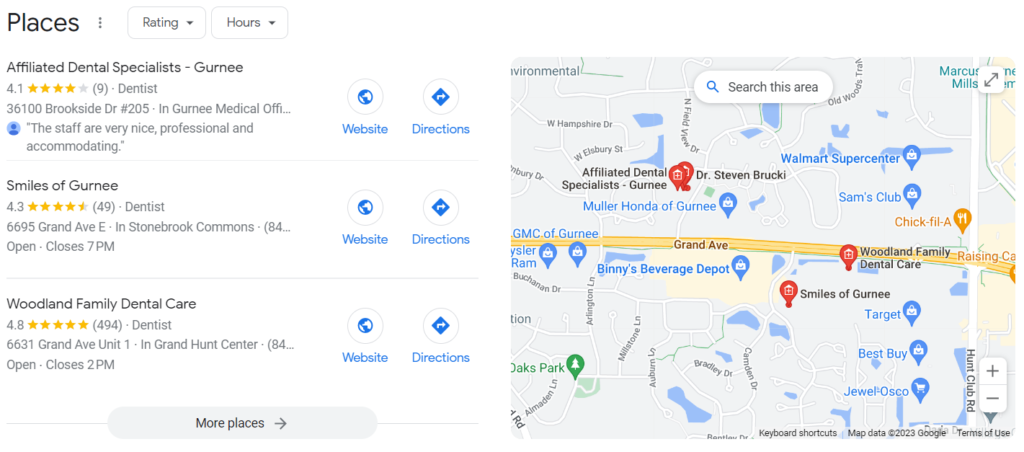A Complete SEO Guide for Dental Practices
As a dental care provider, your primary goal is to provide your patients with exceptional service. Gone are the days when you could rely on word of mouth advertising as enough to build your practice. Today, it is more important than ever to build online visibility into your practice. Doing so can create impressive outcomes for any dentist. At the heart of this is the implementation of search engine optimization (SEO) for dentists.
Local SEO Overview
Why does SEO matter? Even if your current patient tells their friends about your services, chances are good that the individual will still head online to learn more about your company. A Google search could reveal fantastic information and encourage the individual to set up an appointment.
Local SEO is also critically important when it comes to helping people find your location. A person with a dental need may search for a provider within their local area that can help them. If your dental practice isn’t easy to find online, the prospective patient has no idea that you are available to them. Local SEO ensures your practice is visible when someone needs you.
Popular SEO Tools

SEO for dentists can be an overwhelming process, and whenever possible, it should be something done by professionals who can enhance your ROI. However, there are numerous SEO tools available today to help ensure your efforts get the most attention. Here are a few of them.
- Analytics, such as those from Google, provide insight into who is visiting your website, how they are getting there, and how your site compares to your competitors. It allows for the adjustment of strategies to enhance outcomes.
- Google Search Console is an excellent tool to help you to learn how well you rank for various terms and phrases people put into the search engines. It helps to monitor and then debug your website and then optimize the site without any need to learn how to code to improve visibility.
- Moz Pro is a type of all-in-one tool that can help to improve search ranking for your company. It can help you to find SEO opportunities on your site, build reports, and track your growth over time.
- SEMrush provides a dashboard that provides insight into how well your domain is working as a whole. SEO Toolkit is one component of this tool that can help you with building links, selecting keywords, and monitoring competitors.
Keyword Research and On-page Optimization

Keywords are a big part of SEO for dentists, but often not taken seriously enough in the strategy building phase. However, you need to know the following:
- What phrases people use to find services you offer
- How to include local components into your site to attract a more local audience
- What amount of competition is present for any phrase you are using
- How to improve beyond your competitors for key phrases
Much of this comes down to on-page optimization or the process of understanding your target keywords and then utilizing them properly on your website to improve ranking.
Site Health and Technical SEO

While many factors impact the overall success of a website, the overall site health and technical aspects of it can play a big role in that process as well. If you do not have a dedicated staff or a professional available to handle your technical SEO – like the use of metadata, coding, and other behind-the-scenes components, you may be missing out on key opportunities to improve your strategy.
If a website does not load properly, prospective patients go to another service that does. If the graphics do not display properly or the process of booking an appointment is complex or confusing, people simply will not wait to figure it out. Instead, they just move on. This goes beyond just setting up your website. Ongoing oversight remains critical during this process.
Google Business Profile and NAP Citations

Google Business Profile is one of the best tools for professionals like dentists. It is a free tool that Google provides. You will list information about your practice, hours, location, services, and any other data that’s valuable to your patients. Then, when someone Googles a dentist in your area fitting those criteria, your website shows up in the Three Pack – the three listings that appear on a search engine results page. This also makes it incredibly easy for consumers to book an appointment or call you without even going to your website.
Also important are NAP citations. Across the internet, your business’s name, address, phone number, and other data are present. However, if there is data on one site that isn’t accurate or has a mistake in it, that could impact the patient who is looking for service. By monitoring and improving NAP citations, it’s possible to boost your SEO ranking.
Link Building and Content Strategy
Yet another component of building your practice’s online presence is using link building and content strategy. Google values links to your website on other websites. It shows that your website is valuable and respected. That gives you a boost in your search engine results if you are being linked to from high-quality and highly valuable websites. Creating a link building strategy can empower this process.
Content strategy is the creation of content for:
- Your website
- Blog
- Social media
- Other outreach tools
The goal here is to create content that includes keywords and your overall SEO strategy, but also that is valuable. It is content that people will learn from, respect, and use to make their decision on whether or not to call you for help. Content also helps create engagement for your patients on social media. They can see your business, learn about it, learn from it, and then remember it when they have a need.
SEO for dentists is a critical component of growing a practice. It does not have to be a challenge when done well, but it should be an ongoing effort. With the help of professionals, this could become one of the best ways to grow your practice over time.

Leave a Reply